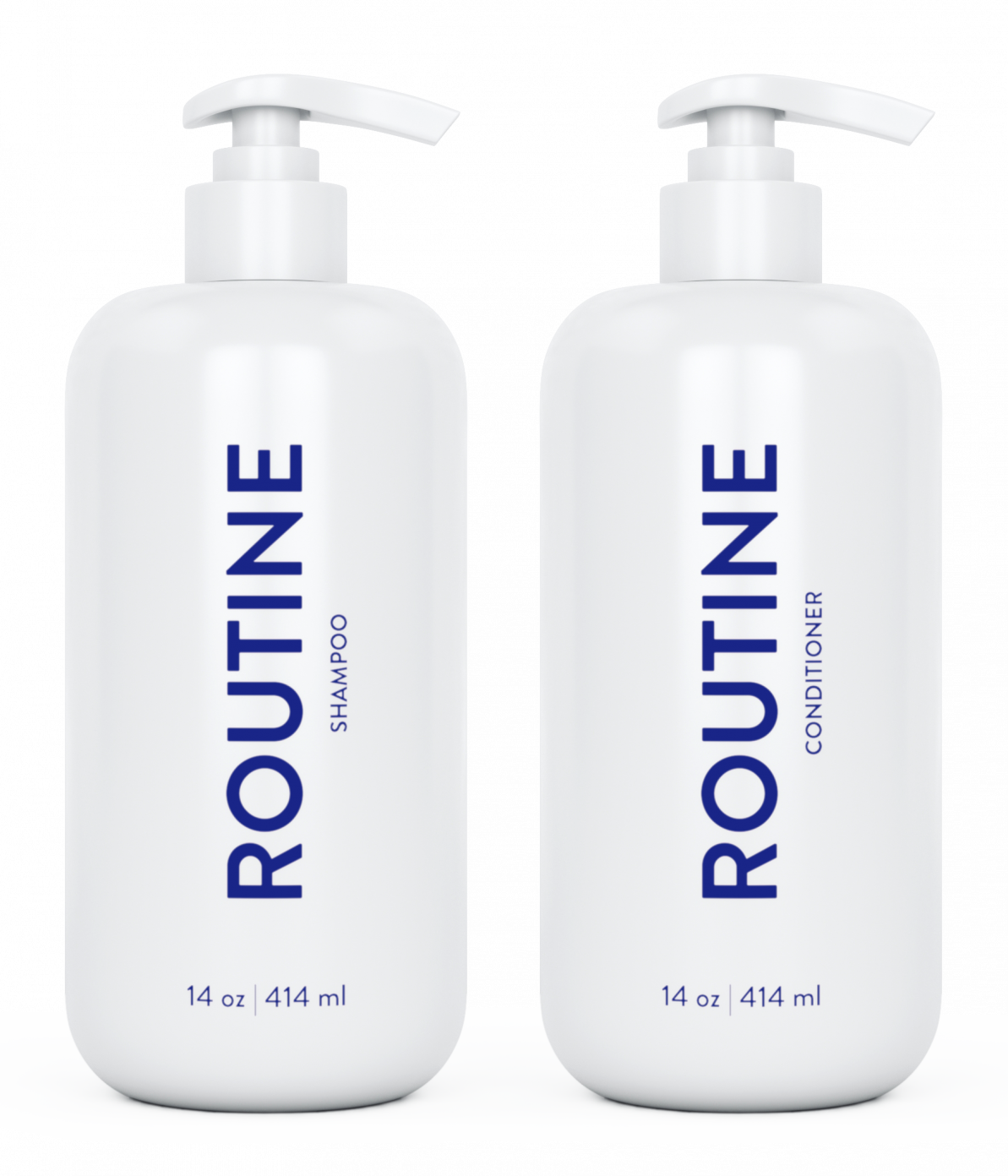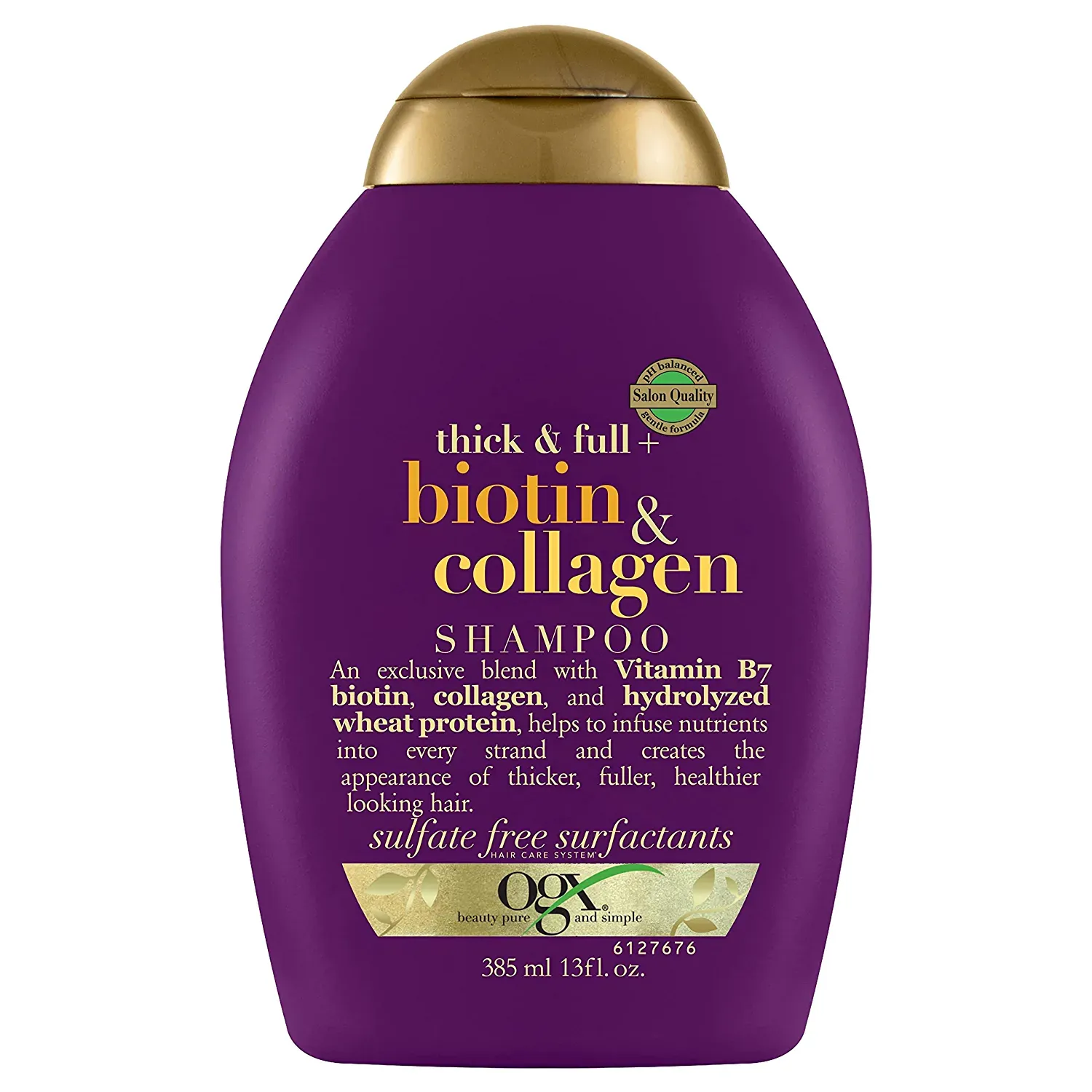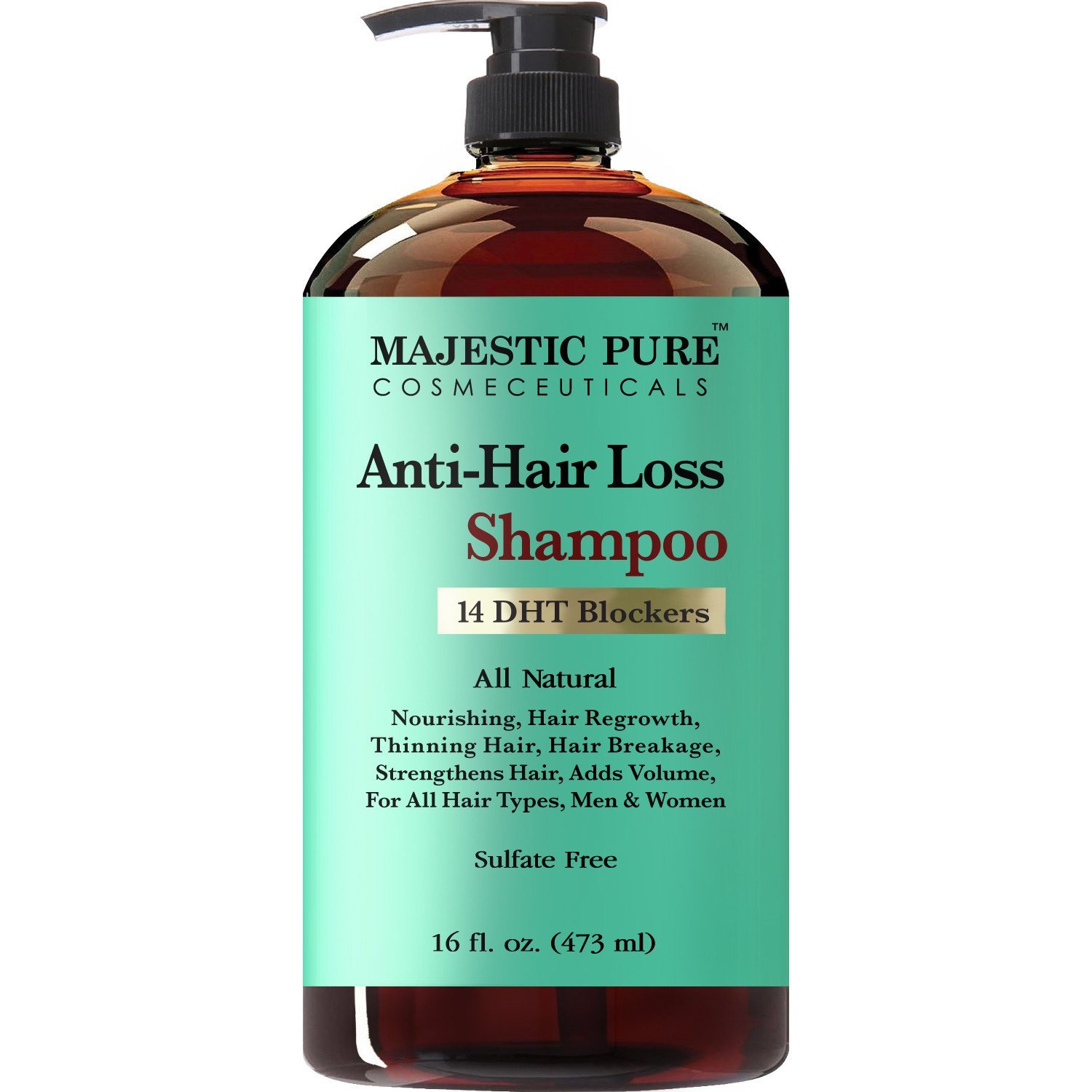Shampoo For Hairloss - What You Need To Know
Table of Contents
- What's Happening with Your Hair?
- How Can a Shampoo Help with Hairloss?
- What Ingredients Should Your Hairloss Shampoo Have?
- Are Hairloss Shampoos a Real Solution?
- Using Hairloss Shampoo Properly
- Things People Often Get Wrong About Hairloss Shampoo
- Beyond the Bottle - Other Approaches to Hairloss
- When to Seek Expert Advice for Hairloss
It's a moment many people dread: seeing more strands than usual on the brush, or perhaps a thinning spot where hair once grew with gusto. This experience of hair loss, or noticing your hair seems to be less full than it once was, is a very common concern for a lot of individuals, no matter their age or background. It can, in some respects, feel a bit unsettling, causing worries about how one looks and feels about themselves.
When thoughts turn to managing this, a lot of people naturally wonder about what they can do right at home, and that often leads to thinking about things like a special wash for your hair. Could a particular kind of shampoo for hairloss actually make a difference? That's a question many ask, and it's a good one to consider, as there are so many products available that promise to help with hair thinning.
- Amanda Peterson 2014
- What Happened To Pierce Brosnans First Wife And Daughter
- Renãe Zellweger And Ant Anstead
- Amy Pohler Husband
- Kate Middleton Tears
This piece will walk through what you might expect from a shampoo aimed at helping with hair that's falling out. We'll look at how these products are supposed to work, what kinds of things you might want to see in them, and what to keep an eye out for when you're picking one out. Basically, we'll try to give you a clearer picture of what a shampoo for hairloss can, and perhaps cannot, achieve for your hair's well-being.
What's Happening with Your Hair?
Hair has a sort of life cycle, you know, just like anything else. It grows, it rests, and then it falls out to make room for new strands. This cycle repeats itself, over and over. It's perfectly normal for a few hairs to come out each day, sometimes around 50 to 100, which is just part of that regular process. So, seeing some hair in the drain isn't necessarily a sign of trouble, which is actually a pretty reassuring thought for many.
However, when you start to notice a significant increase in the amount of hair that's coming away, or if areas on your head seem to be getting noticeably less dense, that's when it might be something more. There are, as a matter of fact, many reasons why someone might start to lose more hair than is typical. It could be something genetic, running in the family, or perhaps a sudden stress on the body, like a big life event or a period of sickness. Sometimes, too it's almost a matter of what you eat, or even certain medical conditions.
- Karen Swift Kids
- Amy Luciani And Dwight Howard
- William And Diana
- Eric Braedens Wife
- Is There A Season 4 Of Reacher
Understanding what's causing your hair to thin is, in fact, a really important first step. A shampoo for hairloss might offer some help, but it's not a magic potion that fixes every single type of hair loss. For instance, if your hair is falling out because of a thyroid issue, a shampoo alone probably won't be the complete answer. It's just a little something to keep in mind as you think about what to do next.
How Can a Shampoo Help with Hairloss?
When we talk about a shampoo for hairloss, it's generally not about stopping hair from coming out instantly. Instead, these products often aim to do a couple of things that might support healthier hair growth. One main idea is to make the scalp a better place for hair to grow. A clean, healthy scalp is, you know, pretty important for hair follicles to do their job properly. If the scalp is clogged or irritated, hair might struggle to come through.
Another way these washes might work is by delivering certain ingredients directly to the hair follicles, which are the tiny pockets in your skin where hair starts its life. These ingredients are often thought to either nourish the follicles, making them stronger, or perhaps to help block certain things that can contribute to hair loss, like specific hormones. It's a bit like giving your hair roots a little extra food and protection, so to speak.
Some of these specialized shampoos for hairloss also work to give the appearance of fuller hair. They might contain components that coat the hair strands, making each individual hair feel thicker and giving the overall impression of more volume. While this doesn't actually create new hair, it can certainly make a difference in how your hair looks and feels, which is pretty nice for many people, honestly.
What Ingredients Should Your Hairloss Shampoo Have?
When you're looking for a shampoo that might help with hair thinning, the list of things inside the bottle really matters. It's not just about cleaning your hair; it's about what else those ingredients are doing. You want to find components that have a reputation for supporting hair health or addressing some of the reasons hair might be falling out. So, knowing what to look for can make a big difference in your choice, you know.
There are some ingredients that are often talked about when it comes to helping with hair loss. These are the ones that are commonly included in a shampoo for hairloss because they are believed to have some sort of positive effect on the hair growth cycle or the condition of the scalp. It's a bit like picking out foods that are good for your body; you want to choose things that are known to provide benefits.
On the flip side, there are also things you might want to steer clear of. Some ingredients, while common in regular hair washes, could potentially irritate the scalp or strip the hair of its natural oils, which isn't ideal when you're trying to encourage healthier growth. So, being a bit choosy about what's in your shampoo for hairloss is definitely a good idea, as a matter of fact.
Important Stuff for Hair Growth
When you're checking the label on a shampoo for hairloss, you might see some names pop up again and again. Things like minoxidil, for instance, are pretty well-known for helping with hair regrowth. It's a medication that's been shown to help some people, and you might find it in certain over-the-counter products. So, that's one to look out for, arguably, if you're serious about finding something with a track record.
Other ingredients that are often included are those that aim to block a hormone called DHT, which can be a big contributor to hair loss in some people. Saw palmetto and ketoconazole are examples of things that might be in a shampoo for hairloss with this goal in mind. They work, basically, to create a less hospitable environment for DHT around the hair follicles, which could help reduce its effects.
Then there are things that are more about nourishing the scalp and hair itself. Biotin, various B vitamins, and even certain plant extracts like caffeine or ginseng are often added. These are thought to provide the building blocks or stimulation that hair needs to grow strong and healthy. It's about giving your hair the best possible chance to thrive, really, from the roots up.
Things to Skip in Your Hairloss Shampoo
Just as important as what to look for is what to avoid when choosing a shampoo for hairloss. Some common ingredients in everyday shampoos can actually be a bit harsh on your hair and scalp, especially if you're already dealing with thinning. Things like sulfates, for example, are cleaning agents that can sometimes strip away too much of your hair's natural moisture, leaving it feeling dry and brittle. That's something you definitely want to avoid if your hair is already fragile.
Also, artificial fragrances and certain preservatives can be irritating for some people's scalps. If your scalp gets itchy or red easily, these kinds of additives could make things worse, which is obviously not what you want when trying to encourage hair growth. A healthy scalp, you know, is a calm and balanced one, so anything that upsets that balance might be counterproductive to your goals with a shampoo for hairloss.
Parabens, which are a type of preservative, are another group of ingredients that some people prefer to avoid. While they're generally considered safe in small amounts, some individuals choose to go without them in their personal care products. When you're trying to be extra kind to your hair and scalp, opting for a shampoo for hairloss that is free from these potentially irritating components might be a good move, more or less.
Are Hairloss Shampoos a Real Solution?
This is a question that comes up a lot, and it's a very fair one to ask. Can a shampoo for hairloss truly put an end to the problem? The straightforward answer is that for many types of hair loss, a shampoo alone is usually not a complete fix. They are, in fact, more often seen as a part of a larger approach to managing hair thinning, rather than a standalone miracle cure. It's like, you know, trying to build a house with just one tool.
For certain kinds of hair loss, particularly those related to genetics or hormonal influences, a specialized shampoo might help slow down the process or even encourage some regrowth, but it often needs to be used consistently and over a long period. The effects can be quite subtle, and it's important to have realistic expectations. You probably won't wake up with a full head of hair overnight, basically.
What a good shampoo for hairloss can do, however, is create a better environment for your existing hair to thrive and for new hair to potentially emerge. It can help keep your scalp clean and nourished, which is, in itself, a very good thing for hair health. So, while it might not be the whole answer, it can certainly be a helpful piece of the puzzle for many people, providing some support for your hair's journey.
Using Hairloss Shampoo Properly
Getting the most out of your shampoo for hairloss isn't just about picking the right bottle; it's also about how you use it. Unlike a regular shampoo where you might just lather and rinse quickly, these specialized products often need a little more time and attention to do their job. It's like, you know, cooking a dish that needs to simmer for a while to get all the flavors just right.
Typically, you'll want to apply the shampoo to wet hair and gently work it into your scalp. The key here is to focus on the scalp, where the hair follicles are, rather than just the hair strands themselves. Use your fingertips to massage it in, covering all the areas where you're concerned about thinning. This helps the ingredients get to where they need to go, which is pretty important for their effectiveness.
After applying, many manufacturers suggest leaving the shampoo on for a few minutes before rinsing. This allows the active ingredients time to absorb into the scalp and interact with the hair follicles. Check the instructions on your specific shampoo for hairloss, as the recommended time can vary. Then, rinse thoroughly, making sure no residue is left behind. Consistency is, frankly, also a big deal here; using it regularly as directed is usually what brings the best results.
Things People Often Get Wrong About Hairloss Shampoo
There are some common ideas floating around about shampoo for hairloss that aren't quite accurate, and clearing these up can help set more realistic expectations. For one, many people think that if a shampoo is expensive, it must be more effective. That's not always the case, though. The price tag doesn't always tell you how well a product will work for your particular situation. It's more about the ingredients and how they suit your needs, honestly.
Another frequent misunderstanding is that these shampoos work instantly. Hair growth is a slow process, and seeing results from a shampoo for hairloss takes time, often several months. People sometimes get discouraged if they don't see changes right away and stop using the product, when in fact, they just needed to keep going for a bit longer. Patience is, you know, a pretty important quality to have when dealing with hair concerns.
Also, some individuals believe that using more shampoo or washing their hair more often will speed up the process. Actually, that's not usually true and can sometimes even be counterproductive. Over-washing can strip your hair of its natural oils, and using too much product can lead to build-up on the scalp, neither of which is good for hair health. Sticking to the instructions on your shampoo for hairloss is generally the best approach, to be honest.
Beyond the Bottle - Other Approaches to Hairloss
While a shampoo for hairloss can be a helpful part of your hair care routine, it's often just one piece of a bigger picture when it comes to managing hair thinning. There are, in fact, many other things that can contribute to or help with hair health. Thinking about your overall well-being is, you know, a pretty good place to start. What you eat, how much rest you get, and how you handle daily pressures can all play a role.
Sometimes, getting enough of certain vitamins and minerals through your diet or with supplements can make a difference. Things like iron, zinc, and various B vitamins are important for hair growth. If your body isn't getting enough of these, it could affect your hair. So, considering what you're putting into your body is just as important as what you're putting on your hair, basically.
For more significant hair loss, there are also medical treatments that go beyond what a shampoo can offer. These might include prescription medications, or even procedures performed by a doctor. These options are usually considered when over-the-counter products aren't enough. It's good to remember that a shampoo for hairloss is a supportive measure, and sometimes, more direct action might be needed, more or less.
When to Seek Expert Advice for Hairloss
It's perfectly fine to try a shampoo for hairloss if you're noticing a bit of thinning and want to see if it helps. However, there are times when it's really a good idea to talk to a medical professional, like your family doctor or a skin specialist. If your hair loss is sudden, happens in patches, or comes with other symptoms like itching, redness, or pain on your scalp, that's a clear sign to get some expert input, honestly.
Also, if you've been using a specialized shampoo consistently for several months and haven't seen any improvement, or if your hair loss seems to be getting worse, then it's probably time to get a more thorough look. A professional can help figure out the underlying reason for your hair loss, which is, in fact, the most important step in finding the right way to manage it. They can offer a proper diagnosis and suggest treatments that might be more effective for your specific situation.
Remember, your hair is part of your overall health, and sometimes hair loss can be a sign of something else going on inside your body. Getting a professional opinion can give you peace of mind and help you find the best path forward. They can help you understand if a shampoo for hairloss is enough, or if you need to consider other options to truly address what's happening with your hair.
This article has covered quite a bit about shampoos designed to help with hair loss. We looked at why hair might thin out, how these washes are supposed to work, and what sorts of ingredients you might want to find in them, or perhaps avoid. We also talked about whether they offer a complete answer, how to use them correctly, and some common things people often misunderstand. Finally, we touched on other ways to approach hair thinning and when it's a good idea to get advice from a professional.
- Susan Olsen From The Brady Bunch
- Who Was Hall Talking About In The Podcast
- Unicorn In Real Life
- Pics Of Charles Barkley Daughter
- Baldoni Jane The Virgin

5 Best Shampoos For Women With Thinning Hair - Women's Fitness & Style

The Best Shampoos for Asian Hair – A Comprehensive Review

9+ What Is Good Shampoo For Hair Loss Article